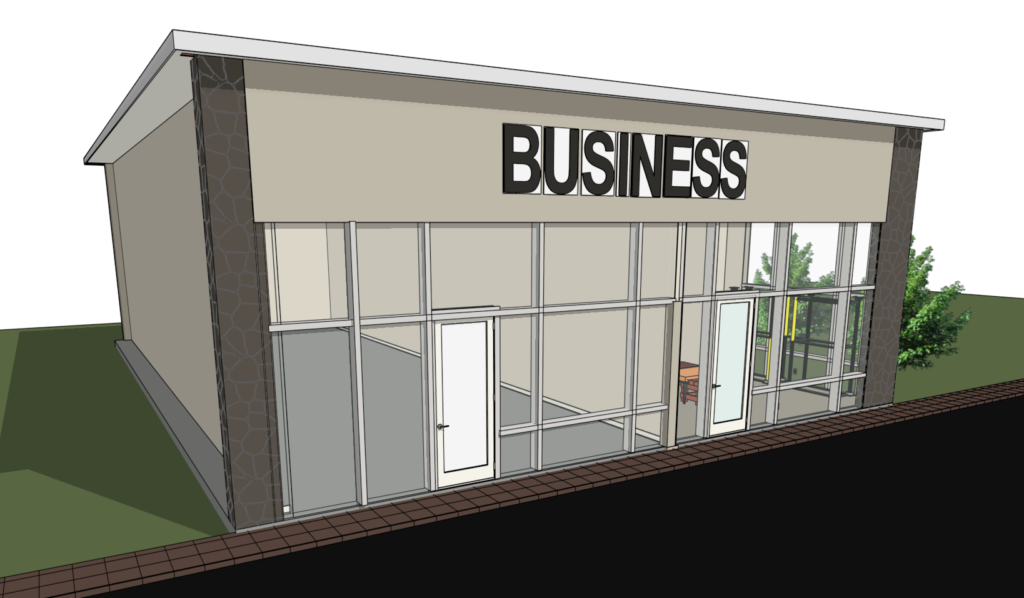Styler Designs offers full Tenant Improvement services for your soon to be office or retail space. We specialize in all sizes of TI build-outs for small retail spaces to large commercial spaces. Our teams of draftsmen, architects and engineers can complete your TI design project from start to finish. The completed project will include a full set of construction docs, ready to be submitted to the city for building permits.
Tenant improvement refers to the modifications, renovations, or alterations made to a commercial or residential space by a tenant to meet their specific needs and preferences. When a tenant leases a space, it may not always be ideally suited for their intended use. Tenant improvements allow them to customize the space to better align with their requirements.
Here are some key points to understand about tenant improvements:
- Lease Agreement: The extent to which a tenant can make improvements depends on the terms outlined in the lease agreement. Some leases may grant tenants significant freedom to modify the space, while others may have restrictions or require landlord approval for certain changes.
- Customization: Tenant improvements aim to create a space that meets the tenant’s specific requirements. This can include structural changes, such as adding or removing walls, electrical and plumbing work, installing fixtures or equipment, upgrading finishes, and enhancing the overall functionality and aesthetics of the space.
- Cost Responsibility: The cost of tenant improvements typically falls on the tenant, unless otherwise negotiated with the landlord. Depending on the scope of the project, the tenant may bear the entire cost or negotiate a shared responsibility with the landlord.
- Building Codes and Permits: Tenant improvements must comply with local building codes and regulations. Depending on the nature and extent of the modifications, permits may be required before commencing work. It is essential to consult with local authorities and obtain the necessary permits to avoid legal issues.
- Leasehold Improvements: Tenant improvements are often referred to as leasehold improvements because they enhance the value of the leased property during the term of the lease. However, it’s important to note that leasehold improvements generally remain the property of the landlord unless otherwise specified in the lease agreement.
- Revertible and Non-Revertible Improvements: Revertible improvements are modifications that must be removed at the end of the lease term, with the space returned to its original condition. Non-revertible improvements, on the other hand, are typically allowed to remain in the space beyond the lease term, benefiting future tenants or the landlord.
It’s advisable for tenants to work closely with their landlord, architects, contractors, and relevant professionals to plan and execute tenant improvements effectively. Clear communication, proper documentation, and adherence to legal and contractual obligations are crucial throughout the process.
Styler Designs offers assistance on the start-to-finish of helping you to start and obtain plans for your new business space. We offer tenant improvement services in Phoenix, Mesa, Chandler, Scottsdale, Peoria, Glendale, Queen Creek, San Tan Valley, Pinal County, Maricopa County and other areas in Arizona.
Contact Styler Designs today at 480.510.3700 to schedule a consultation.
